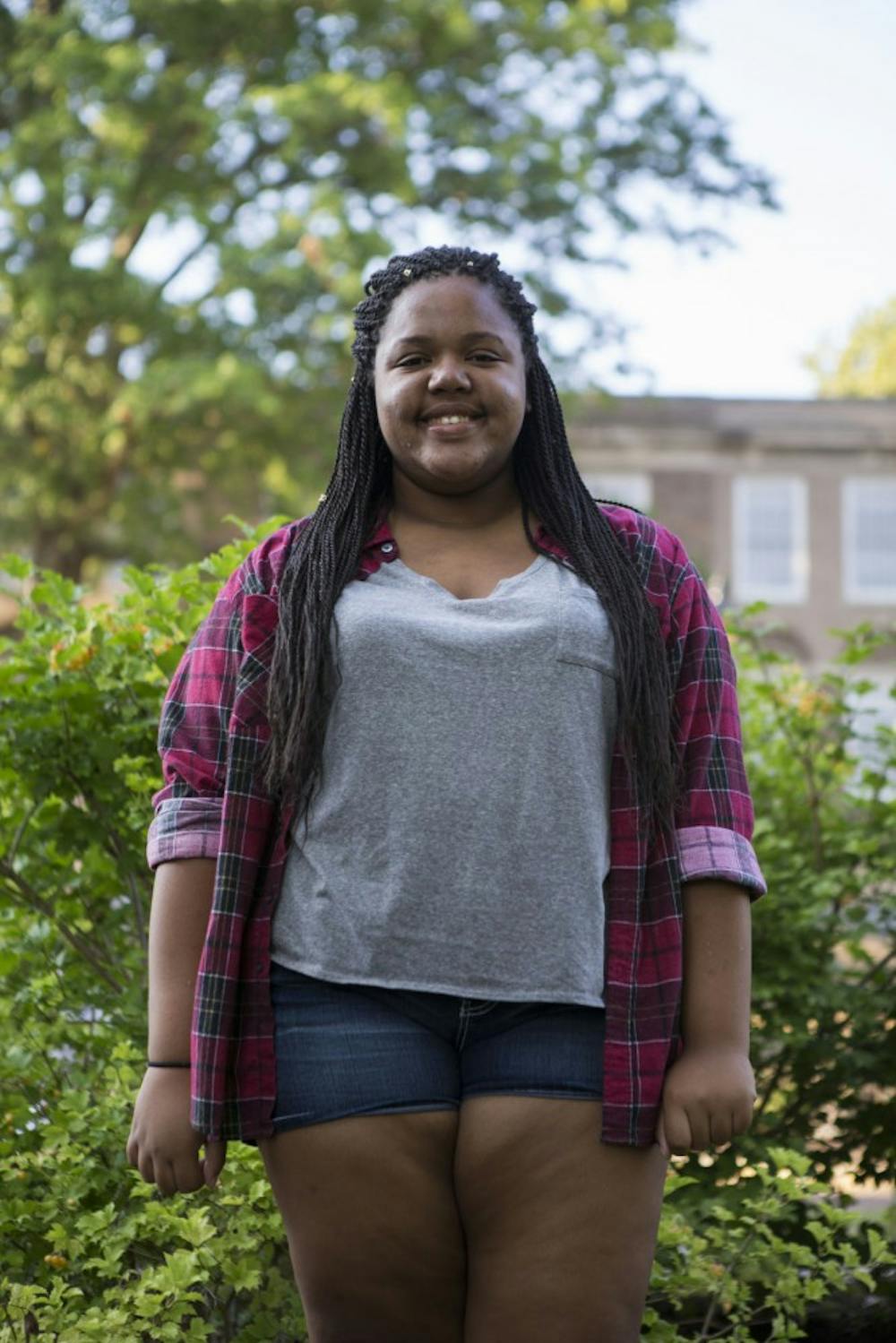Columnist Haaadiza Ogwude discusses the importance of HIV/AIDS education at Ohio University.
Black History Month is in full effect. Finally, it is that time of year again when we can all come together to celebrate the significant achievements made by the African-American community and discuss the hardships and oppression of African-American people, both past and present. It is also a time of education. During this important month, we must educate the country, especially our black youth, on our history and struggles. A very significant day of Black History Month is National Black HIV/Aids Awareness Day.
National Black HIV/AIDS Awareness Day is a national HIV testing and treatment community mobilization initiative targeted at blacks in the United States. It was created by five national organizations funded by the Centers for Disease Control and Prevention in 1999 to provide capacity building assistance to black communities and organizations. Sunday marks the 16th year for National Black HIV/AIDS Awareness Day.
The four main goals of National Black HIV/AIDS Awareness Day are to get educated, involved, tested and treated. The day is focused on educating blacks about the basics of HIV and AIDS in local communities. The day is also focused on testing people for HIV and AIDS, as well as on getting proper medications and treatments for those already diagnosed. Encouraging blacks to get involved by hosting or participating in National Black HIV/AIDS Awareness Day events is another key focus area, whether it be organizing a testing and awareness event at a local college, speaking about the importance of HIV prevention and treatment at local organizations and communities, or supporting a local AIDS service provider.
In honor of National Black HIV/AIDS Awareness Day, the Black Student Cultural Programming Board, along with the LGBT Center sponsored showings of HIV/AIDS awareness documentaries Wednesday. I think it is very important that these documentaries were shown. It is important that we, as a university and student body, do everything we can to educate students and community members on HIV/AIDS and the importance of getting tested and treated.
{{tncms-asset app="editorial" id="54881bfc-c612-11e5-a17d-4f3ec0c62d5a"}}
I am not only glad to see events being held for National Black HIV/Aids Awareness Day, but for Black History Month as a whole. By having those guest speakers and events, the university is promoting diversity and inclusion as well as education about and for minority groups on campus. It important that we never stop learning about black people, as well as all people of all races, ethnicities, genders, etc.
When we learn about our own people, we gain a better understanding of who we are, both individually and as a community. Through education we put ourselves in the best position possible to combat oppression and inequality. Through education, we can make the biggest impact and change in this world. When we learn about people who are different than us we gain global perspectives on issues that can not only affect us but the people around us.
I hope that Ohio University will continue to host these events for Black History Month and National Black HIV/Aids Awareness Day in coming years, and will begin adding new speakers, panels, workshops and events to the roster. Hopefully, through this we can foster change in our local Athens community.
Haadiza Ogwude is a sophomore studying journalism. Have you attended an event for Black History Month? Tweet Haadiza @AdoreHaadiza or email her at ho299413@ohio.edu.






